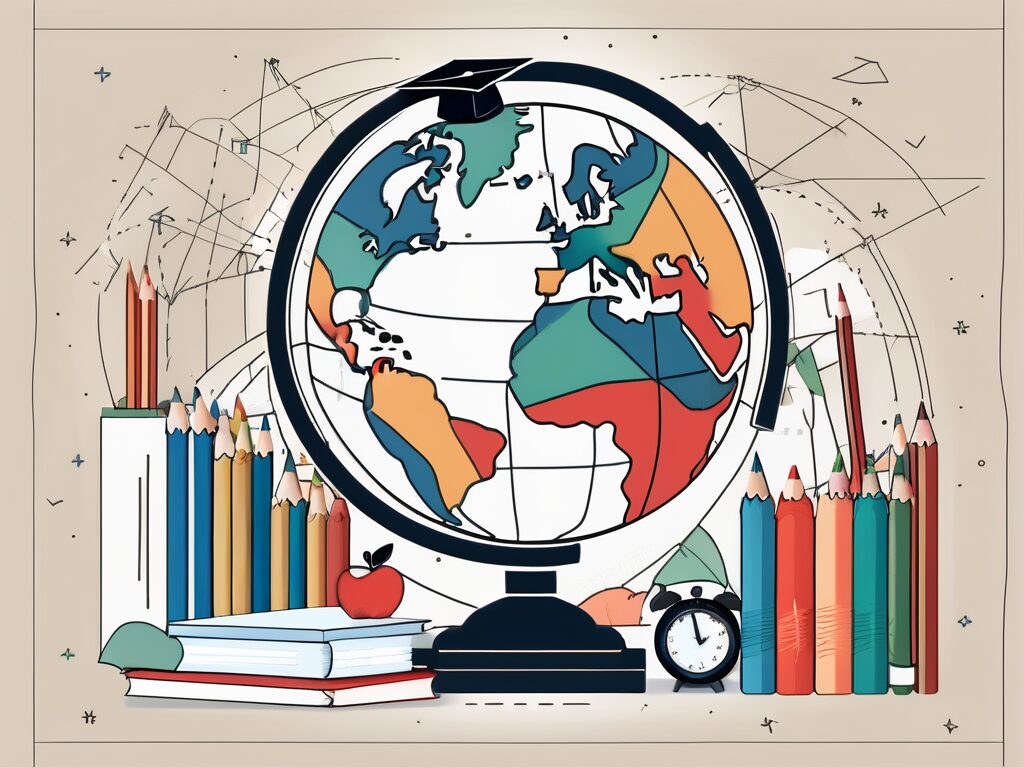What Challenges Does Cambodia Face?
Cambodia, a country rich in history and culture, faces numerous challenges that impact its development and education system. For aspiring international teachers, understanding these challenges is crucial for making a meaningful impact. In this article, we will explore the key challenges Cambodia faces, the skills and qualifications needed to address them, and how educators can contribute to positive change.
Table of Contents
- Why is it Important for Aspiring International Teachers?
- Key Skills or Qualifications Required
- Steps to Get Started
- Challenges and How to Overcome Them
- Best Practices and Tips for Success
- Conclusion
Why is it Important for Aspiring International Teachers?
Understanding Cambodia’s challenges is vital for educators aiming to work internationally. The country’s education system is evolving, with a growing demand for qualified teachers who can address issues such as limited resources, language barriers, and educational disparities. By equipping themselves with the right knowledge and skills, teachers can contribute to Cambodia’s development and improve educational outcomes.
Key Skills or Qualifications Required
To effectively teach in Cambodia, educators should possess the following skills and qualifications:
- TEFL or TESOL certification for teaching English as a second language
- Strong cultural awareness and adaptability
- Experience in resource-limited settings
- Ability to develop and implement inclusive teaching strategies
Steps to Get Started
For those interested in teaching in Cambodia, here are the steps to begin your journey:
- Obtain relevant teaching certifications such as TEFL or TESOL.
- Gain experience in diverse educational settings.
- Research and apply for teaching positions in Cambodia.
- Engage in cultural immersion activities to better understand the local context.
Challenges and How to Overcome Them
Teaching in Cambodia comes with its own set of challenges, including:
- Limited Resources: Schools may lack basic teaching materials. Educators can overcome this by being resourceful and creative in lesson planning.
- Language Barriers: Khmer is the official language, and teachers may need to learn basic phrases to communicate effectively.
- Educational Disparities: There is a significant gap between urban and rural education quality. Teachers can focus on inclusive practices to bridge this gap.
Best Practices and Tips for Success
To succeed as an international teacher in Cambodia, consider these best practices:
- Build strong relationships with local educators and communities.
- Continuously adapt teaching methods to meet students’ needs.
- Participate in professional development opportunities to enhance skills.
Conclusion
Teaching in Cambodia offers a unique opportunity to make a significant impact on the education system. By understanding the challenges and equipping themselves with the necessary skills, aspiring international teachers can contribute to positive change and personal growth. Embrace this rewarding journey and help shape the future of education in Cambodia.
Want to become a teacher in a Tier 1 international school? Join the course here.

